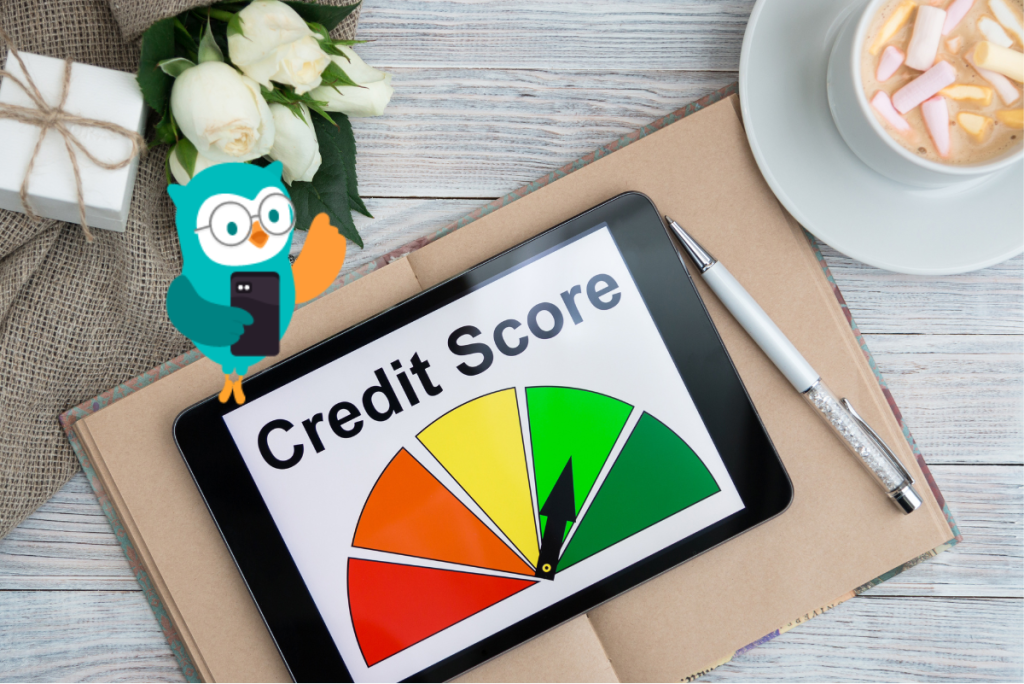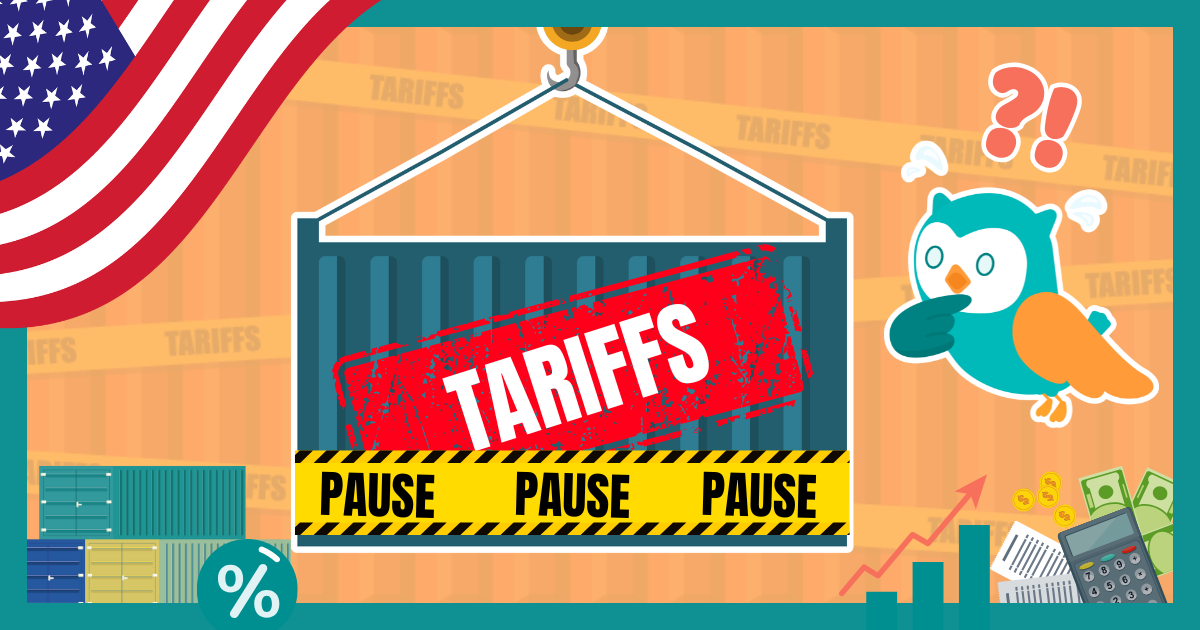Note: It was announced in November 2023 that MoneyOwl will be acquired by Temasek Trust to serve communities under a re-purposed model, and will move away from direct sale of financial products. The article is retained with original information relevant as at the date of the article only, and any mention of products or promotions is retained for reference purposes only.
______________
Contributed by Credit Bureau Singapore
Do you own any credit facilities in Singapore? Do your loans or credit card applications sometimes get rejected? Are you aware that financial institutions also occasionally review your past loan repayment records?
This article addresses all the questions you may encounter during your financing journey. Read on to find out more.
What is a credit report?
A credit report is a comprehensive record of your credit payment history compiled from different retail banks and major financial institutions (FIs). Credit Bureau Singapore (CBS) collects such credit data from the contributing members in this list. A credit report displays all credit-related data of the individual. It reveals vital information such as the total credit limit disbursed, the types of credit or loan facilities applied, the amount of overdue balances you may owe and even public information like litigation charges and bankruptcy proceedings. You will be given a credit score based on these factors and past repayment behaviour. A credit score ranges from 1000 to 2000, with a score of 1000 having the highest likelihood of default and a score of 2000 having the lowest chance of delinquency. A risk grade ranging from AA to HH (lowest risk to highest risk) will be assigned to you when your credit report is retrieved.
How does your credit report affect you?
You may have experienced instances of unsuccessful loan or credit applications, as the lenders could have perceived you as a high-risk borrower. Credit providers review the CBS credit report to evaluate the likelihood of repayment before extending a loan. This helps them mitigate the risks of borrowers defaulting on future payments.
The consequences of having a poor credit report can be dire, especially if you are planning to make important life-changing decisions such as purchasing a new house, paying for your children’s education or even starting a new business. You will have to seek alternative sources of funds, which may mean having to re-plan your finances and possibly delaying your future goals.
As a new job seeker, a poor credit report may reduce your chances of being hired compared to applicants with better credit reputations. With the rise of workplace fraud in Singapore, pre-hire credit checks are essential, especially for jobs in the finance sector or those with access to client information. Employers or recruiters may request that you submit a copy of your latest credit report to ensure your creditworthiness before hiring. Some may even conduct annual reviews on existing hires to ensure that you are financially competent and not in financial distress. Such measures are implemented to prevent workplace fraud or potential conflicts of interest, which can damage the company’s reputation.
Tips for building your credit reputation
Do not feel disheartened if your credit report is not ideal currently. Instead, start now, be disciplined about repayment, and you will see a gradual improvement in your report. Remember, credit providers and employers consider other factors before they make a decision, and the credit report is just one of the few tools they use for their credit assessment.
About the contributor:
Credit Bureau (Singapore) Pte Ltd (CBS) is Singapore’s most comprehensive consumer credit bureau, with full-industry uploads from all retail banks and major financial institutions. It is a joint venture between The Association of Banks in Singapore (ABS) and Infocredit Holdings Pte Ltd. For more information about your credit score, visit www.creditbureau.com.sg. Lastly, follow Credit Bureau Singapore’s (CBS) Facebook for more updates and tips on how to stay credit active.




